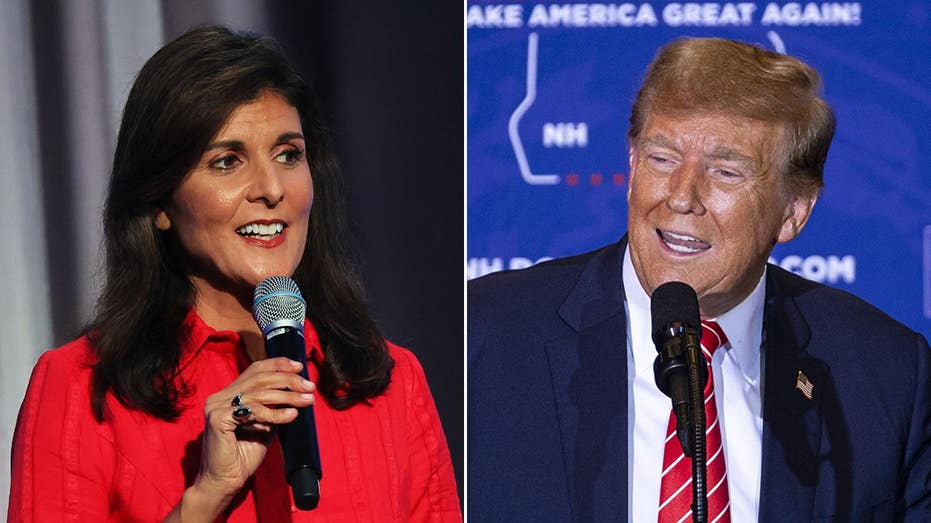Five predictions for British politics in 2025
Eliot Wilson looks into his crystal ball to predict five things that will happen in the coming year There is an old Danish proverb, often misattributed to the New York Yankees’ legendary catcher Yogi Berra, that it is hard to make predictions, especially about the future. In politics, it can be high risk and high [...]


Eliot Wilson looks into his crystal ball to predict five things that will happen in the coming year
There is an old Danish proverb, often misattributed to the New York Yankees’ legendary catcher Yogi Berra, that it is hard to make predictions, especially about the future. In politics, it can be high risk and high reward. If you go out on a limb and get it right, as Patrick Cosgrave did in 1974 when he wrote in The Spectator that Margaret Thatcher was “the foremost contender” to replace Edward Heath as Conservative leader, and you will be hailed as a visionary. Get it wrong and you look like The Chicago Tribune in 1948 running the headline “DEWEY DEFEATS TRUMAN”.
For all that, political commentators could hardly justify our role if we relied on answering: “Dunno, let’s wait and see”. The risk of ridicule is table stakes for the pundit and the best approach is to celebrate the wins and take the inaccurate forecasts on the chin. On that basis, here are five predictions for British politics in 2025.
A Reform resignation
One of Reform UK’s MPs will leave the party or resign from parliament. For all its burgeoning membership and bullish leadership, Reform still has the air of Friday night drinks that got out of hand, and we know that very little due diligence was carried out on its parliamentary candidates. Will James McMurdock’s 2006 conviction for assaulting his ex-girlfriend become a scandal too fierce to endure? Maybe Lee Anderson (Ashfield), already representing his third political party, will grow restless; or deputy leader Richard Tice (Boston and Skegness) will recognise what his predecessor, Ben Habib, grasped — that Nigel Farage has subordinates rather than colleagues. Something has to give.
A Lib Dem mayor
The Liberal Democrats will win May 2025’s contest for the mayoralty of Hull and East Yorkshire. The new combined authority covers Hull City Council, controlled by the Lib Dems, and the East Riding of Yorkshire Council, where they are the biggest opposition, and nationally they seem to be sustaining their strong performance at the general election in July. The party is traditionally successful in local politics, and their candidate, Mike Ross, leader of Hull City Council, has lived in the area for 25 years and has a record of campaigning.
A Reform mayor
The new mayor of Greater Lincolnshire will be recent Reform UK recruit Dame Andrea Jenkyns. The former Conservative MP, skills minister for 108 days in 2022, was unveiled with great fanfare as a new recruit by Farage in November; she has the kind of robust self-assurance that saw her call for Theresa May and Rishi Sunak to resign but showed such loyalty to Boris Johnson that he made her a dame. A disenchanted, time-poor electorate still disappointed by the Conservative Party and despairing of Labour might well respond positively to her nuance-free spicy takes.
A scalp for the Tories
The opposition will force a cabinet minister out of office. True, Louise Haigh quit as transport secretary at the end of November but she was dispatched swiftly by the Prime Minister. Conservative Party co-chairman Nigel Huddleston barely had time to put on his serious face and say that Starmer had “serious questions to answer” before she had resigned.
But the government remains sufficiently accident-prone and insensitive to public perception that it is still vulnerable. The increase in National Insurance that had been ruled out, the absurd brouhaha over “working people”, the non-repeal of the Northern Ireland Legacy Act: these are small but cumulative breaches of faith. An energetic shadow minister, like Andrew Griffith or Alex Burghart, will find another thread left carelessly loose and yank on it hard.
A by-election defeat
Final prognostication: the government will lose a by-election it expects to win. These contests are always tough for incumbent administrations, but Labour’s popularity has fallen off a cliff edge, and whatever causes a vacancy, at some point they will have a severe shock followed by a bout of soul-searching.
These are only informed guesses. It is easy to generalise about the time to come — as Leonard Cohen said, I’ve seen the future, brother; it is murder — but details are more challenging to grasp. I think all of these predictions fit with the temper of the times and are realistic, but I have been wrong before (like when I predicted Dole would beat Clinton in ’96, a real Chicago Tribune moment).
If I miss the mark, then extend me some Christmas charity this time next year. If I get it right, remember, you heard it here first. Happy 2025.
Eliot Wilson is a writer and strategic adviser


